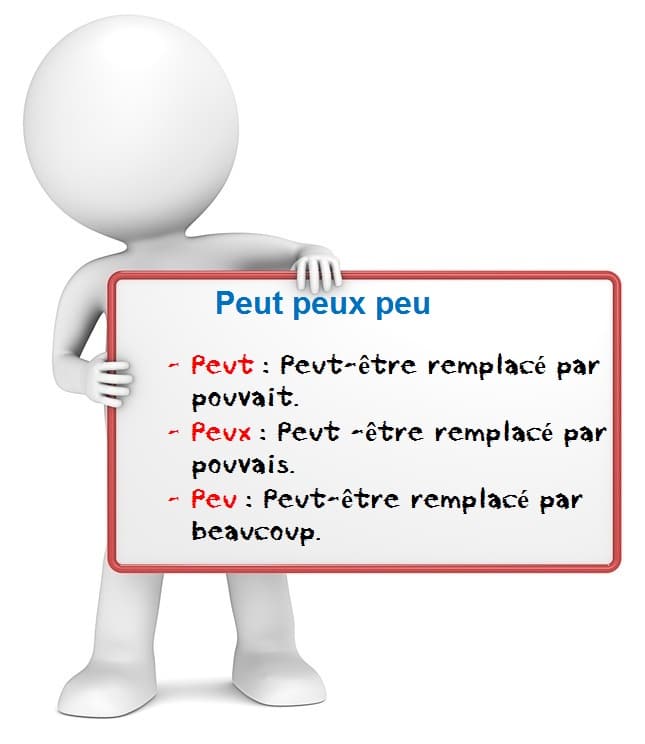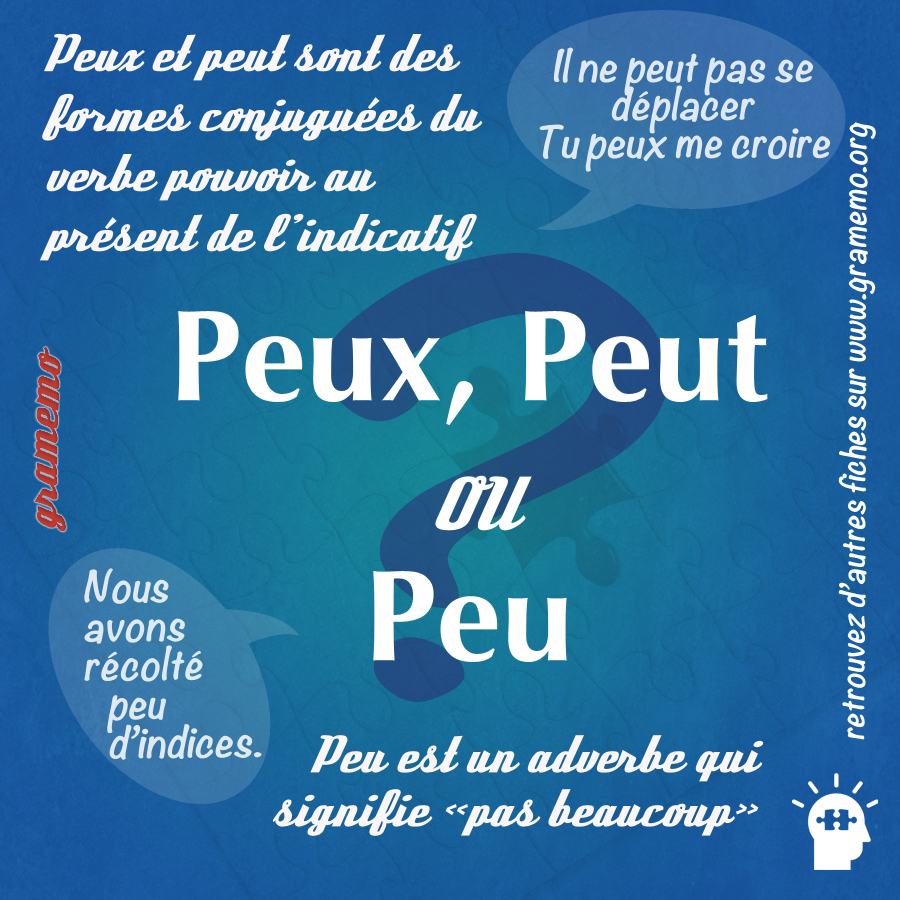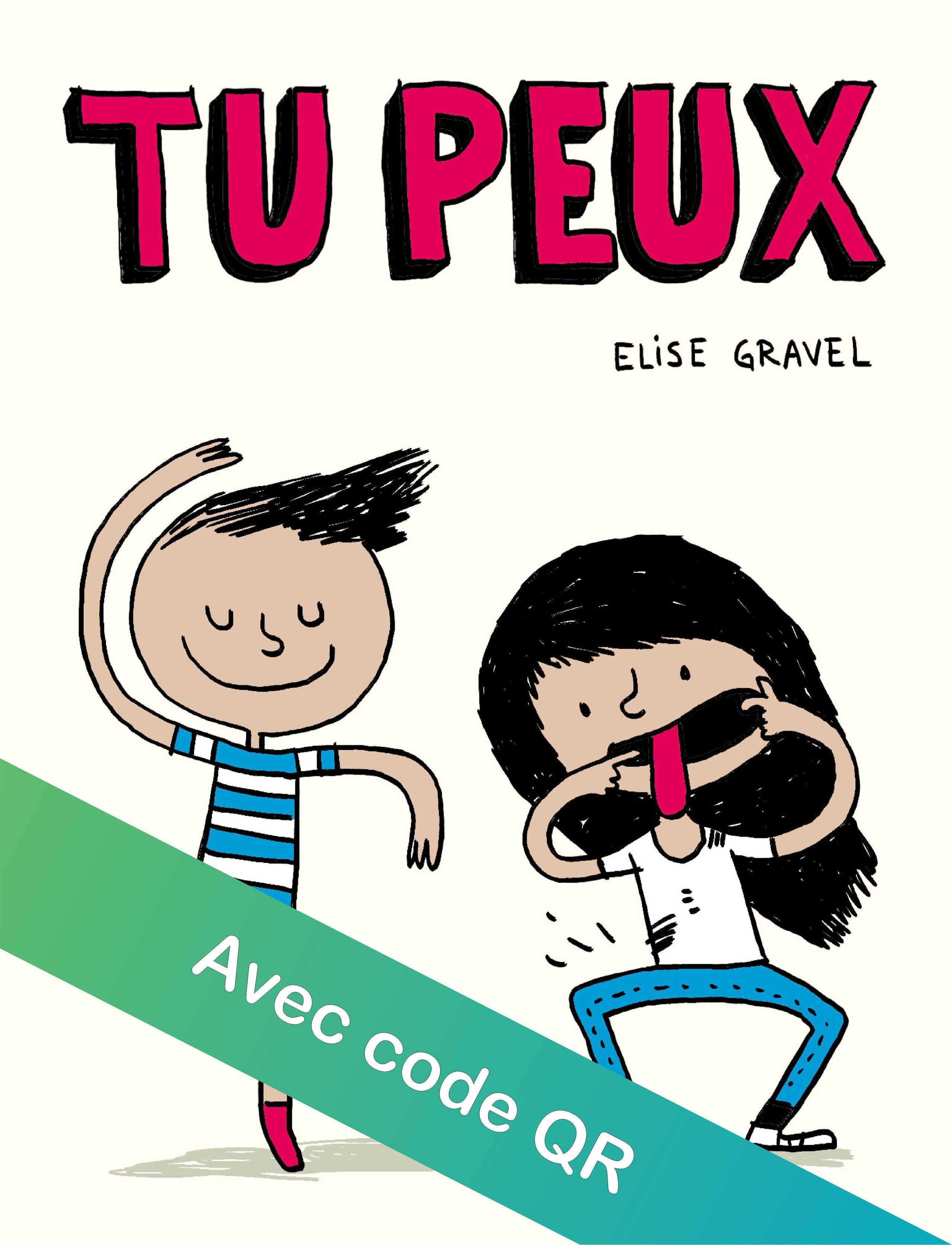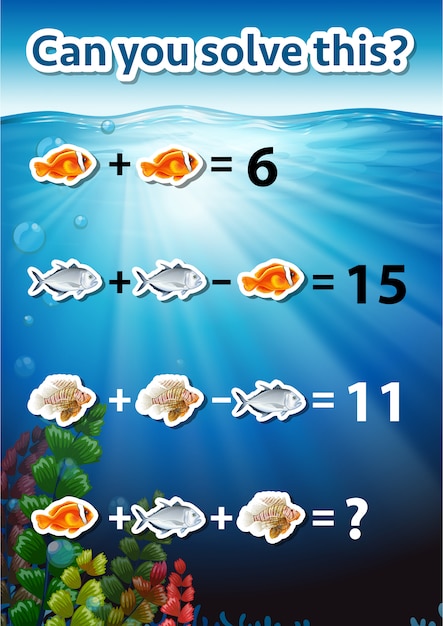
QUITTE MOI SI TU PEUX Le KFT
Translations in context of "peux-tu" in French-English from Reverso Context: tu peux, tu ne peux, comment peux-tu, tu peux toujours courir, tu ne peux pas te tromper. Mickey, peux-tu t'écarter ou. Mickey, could you clear or are you almost. Je veux dire, peux-tu m'imaginer. I mean, can you imagine.

Si Tu Peux Supporter Sylvie Tu Peux Tout Supporter Dans La Vie Shirt
Conjugation verb pouvoir in French X French pouvoir can; be able to;. Infinitif pouvoir Participe Présent pouvant Participe Passé pu Model : pouvoir Auxiliary : avoir Other forms: se pouvoir / ne pas pouvoir / ne pas se pouvoir Advertising Indicatif Présent je peux tu peux il/elle peut nous pouvons vous pouvez ils/elles peuvent je puis tu peux

Peuxtu pardonner
#1 I work with French Canadian clients through my current employment. I am often asking my Quebecois colleagues to approve various forms via email. I normally say "peux-tu approuver cette formulaire.." and they always understand what I am saying but I am wondering if I have been grammatically correct when saying this.

Photo du film Arrêtemoi si tu peux Photo 17 sur 19 AlloCiné
Pouvoir takes 2 r to future and conditional present. But the difference with courir and mourir, we only say one. Je puis is more polite than je peux but we cannot say peux-je instead of puis-je. Usage. Fréquent - Intransitif - Autorise la forme pronominale - Participe Passé Invariable . Shape of sentence

Tu peux YouTube
Le verbe pouvoir est du troisième groupe. Le verbe pouvoir se conjugue avec l'auxiliaire avoir Traduction anglaise : can; to be able to pouvoir au féminin | 2 e forme | se pouvoir | Retirer le ? |.

PEUXTU DEVINER LE FILM ? YouTube
The French verb pouvoir means "to be able [to do something]," or more simply, "can" and "may." It's an extremely common verb in French and has an irregular conjugation that can be tricky for non-native speakers. For this conjugation, it's best to learn it by heart. Pouvoir and Politeness in French

Tu peux partir (chanson) YouTube
Pouvoir is one of the most important French verbs - here's how to conjugate it into every tense and mood. Pouvoir is an irregular -ir verb. On peut le faire ! - We can do it! Share / Tweet / Pin Me! Listening Pouvoir conjugations Quiz: Pouvoir conjugations Pouvoir in action How to use pouvoir Does il se peut que need the subjunctive?

Serait Ce Possible Orthographe / peu, peut, peux orthographe 15 de lettrés suffisent à
peux-tu me promettre que tu resteras loin de Jessica DiLauretis. will you promise me you'll stay away from Jessica DiLaurentis. See how "peux-tu " is translated from French to English with more examples in context. peux-tu translation in French - English Reverso dictionary, see also 'peut, peu, péteux, peureux', examples, definition.

OÙ peux tu trouver Artofit
Orthographe de la phrase tu peux Comment s'écrit la phrase tu peux ? Comment écrire le verbe dans cette phrase : peux, peut ou bien peu ? On écrit tu peux, avec la terminaison -x à la fin du verbe. Tu peux, c'est le verbe pouvoir conjugué au présent. Son sujet est tu, la deuxième personne du singulier.

GramemoPeux, Peut ou Peu? Gramemo
Pouvoir means can and to be able to. The present tense conjugation of pouvoir is: Je peux (I can), Tu peux (you can, familiar), Il, elle, on peut (He, she, one can), Nous pouvons (We can), Vous pouvez (You can, formal and plural) and Ils, elles peuvent (They can). Pouvoir is an French irregular verb. This means that when conjugated in the.

Tu peux
Conjugaison du verbe pouvoir voir la définition actif indicatif présent je peux / je puis tu peux il peut / elle peut nous pouvons vous pouvez ils peuvent / elles peuvent imparfait je pouvais tu pouvais il pouvait / elle pouvait nous pouvions vous pouviez ils pouvaient / elles pouvaient passé simple je pus tu pus il put / elle put nous pûmes

tu peux Artwork, Character, Fictional characters
tu peux il, elle peut nous pouvons vous pouvez ils, elles peuvent - Imparfait je pouvais tu pouvais il, elle pouvait nous pouvions vous pouviez ils, elles pouvaient - Passé simple je pus tu pus il, elle put nous pûmes vous pûtes ils, elles purent - Futur

Attrape Moi Si Tu Peux !!CourtMétrage 2014 YouTube
1. Peu tu ou peux tu ? 2. Citations 3. Quiz d'orthographe : peu tu ou peux tu ? L'erreur « Je suis en retard, peu tu commencer sans moi ? » Dans la précipitation, il se peut que l'orthographe soit parfois négligée. Mais de manière générale, une erreur d'orthographe risque de passer pour un manque de professionnalisme.

Le matin, tu peux rester couché pour poursuivre ton rêve, ou te lever pour le réaliser.
1. Le verbe pouvoir au présent : « je peux », « tu peux », « il / elle / on peut » Au présent et au singulier, le verbe « pouvoir » se prononce [peu] mais une lettre finale s'ajoute en fonction de la personne de conjugaison. On a donc : 1 e et 2 e personnes du singulier : je peux / tu peux ; 3 e personne du singulier : il, elle, on peut .

Tu peux réussir! Bayard livres
Conjugaison verbe pouvoir Outils: Les Groupes Les Auxiliaires Le verbe pouvoir Infinitif pouvoir Participe Présent pouvant Participe Passé pu Modèle : pouvoir Auxiliaire : avoir Autres formes: se pouvoir / ne pas pouvoir / ne pas se pouvoir Publicité Indicatif Présent je peux tu peux il/elle peut nous pouvons vous pouvez ils/elles peuvent je puis

Peuxtu Le Résoudre Vecteur Premium
peu est un adverbe de quantité. Son contraire est l'adverbe beaucoup. 1) Il peut être employé avec un verbe : Il boit peu. (Sens opposé : Il boit beaucoup .) 2) Il peut déterminer un nom : Cette école a peu d'élèves. (Sens opposé : Cette école a beaucoup d'élèves.) Avec un nom non quantifiable, il a le sens de "un peu de / peu de"